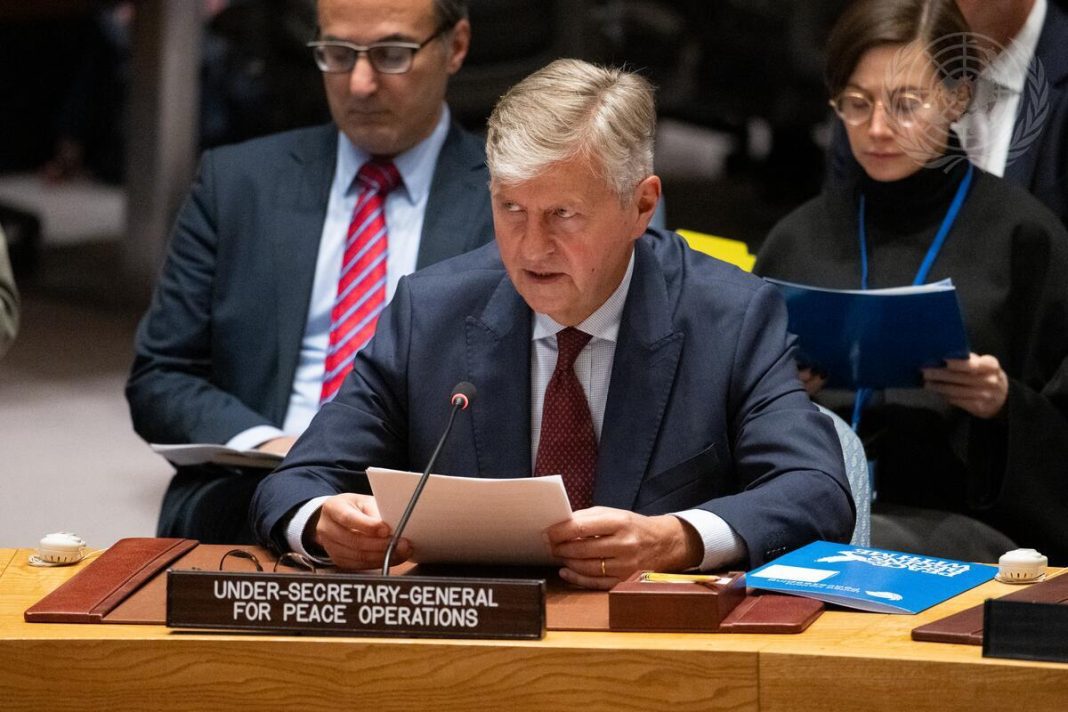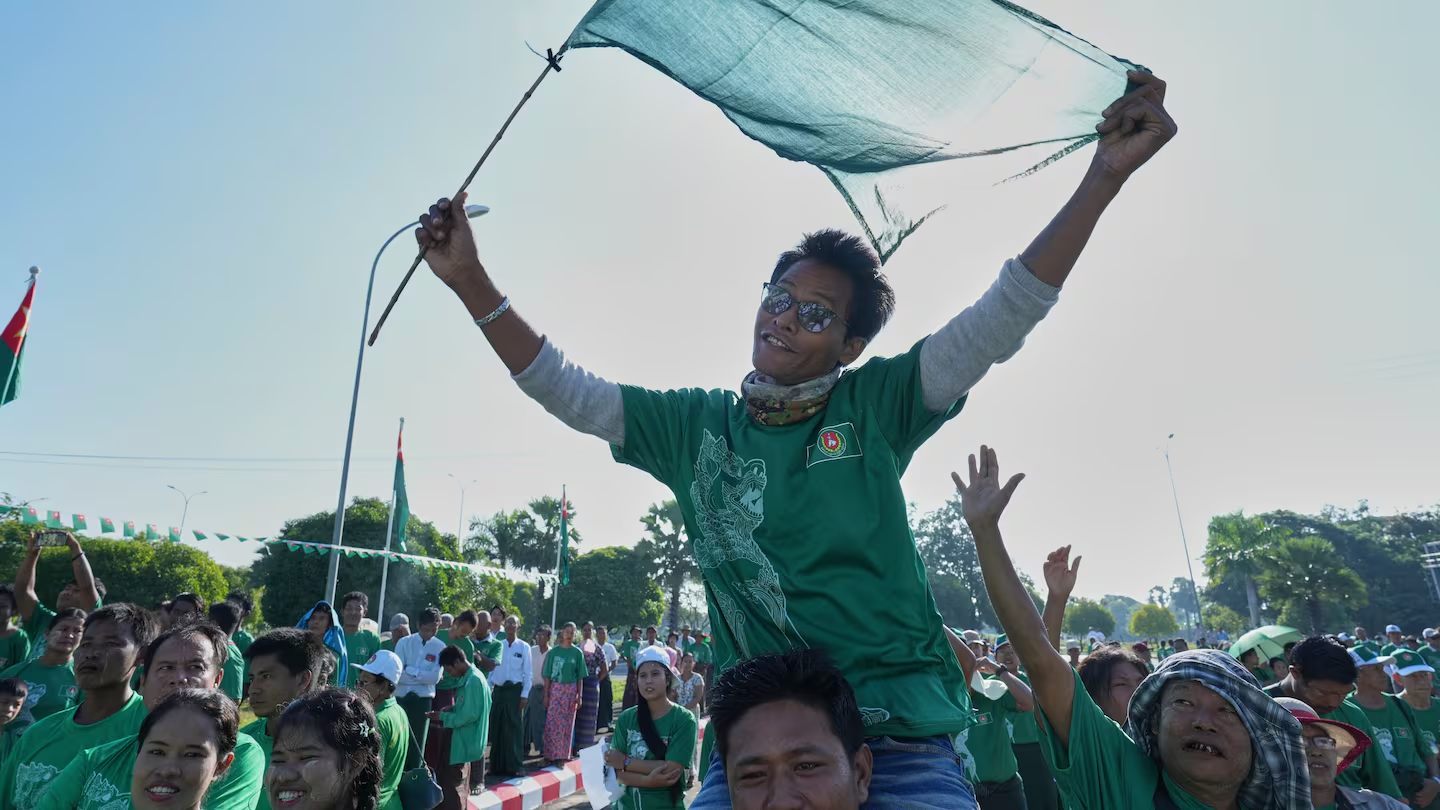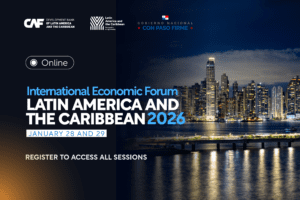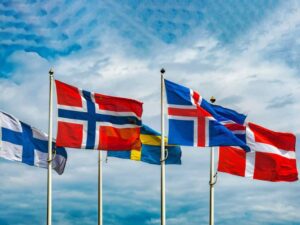Key Impact Points:
- National Action Required: Parties must translate the Kunming-Montreal Global Biodiversity Framework into actionable national strategies.
- Financial Mobilization Needed: Closing the $700 billion biodiversity finance gap is crucial for effective implementation.
- Access and Benefit-Sharing Focus: Operationalizing benefit-sharing mechanisms is essential for equitable use of genetic resources.
COP 16 Announcement
On February 20, 2024, Colombia’s President Gustavo Petro announced that Cali will host the sixteenth meeting of the Conference of the Parties to the Convention on Biological Diversity (COP 16 CBD) from October 21 to November 1, 2024. “We bow to the most biodiverse region of Colombia,” he stated, highlighting the city’s rich cultural and ecological heritage.
Priority Area 1: National Action on Biodiversity
COP 16 will focus on translating the Kunming-Montreal Global Biodiversity Framework into concrete national actions. This framework aims for harmony with nature by 2050 and supports the Sustainable Development Goals.
Parties are expected to align their National Biodiversity Strategies and Action Plans (NBSAPs) with the framework, adopting a whole-of-government and whole-of-society approach. Monitoring and reporting will be essential for tracking progress. The fourth meeting of the Subsidiary Body on Implementation (SBI) in Nairobi from May 21-29 will review advancements ahead of COP 16.
Change the World - Subscribe Now
Priority Area 2: Mobilizing Implementation Resources
Adequate resources are vital for implementing the Kunming-Montreal Global Biodiversity Framework. This includes financial resources, capacity-building, and technology transfer.
Goal D of the framework emphasizes securing means of implementation, particularly for developing countries and Small Island Developing States (SIDS). Parties must work to close the $700 billion biodiversity finance gap and align financial flows with the framework. The Global Environment Facility (GEF-8) will provide crucial support, but additional funding mechanisms, such as the Global Biodiversity Framework Fund, are also needed.
Priority Area 3: Access and Benefit-Sharing
Access and benefit-sharing (ABS) is a core issue under the Convention on Biological Diversity. Article 15 outlines rules to ensure that genetic resources are accessed and used in a way that benefits local communities and ecosystems.
The Nagoya Protocol, ratified by 140 Parties, will be central to discussions at COP 16. Parties are expected to operationalize a multilateral mechanism for fair sharing of benefits from Digital Sequence Information on genetic resources, including establishing a global fund. Preparatory negotiations will take place in Montreal in August.
Conclusion
As COP 16 approaches, the focus on national action, financial mobilization, and equitable access to genetic resources will be critical for advancing global biodiversity goals. The commitment from Colombia and the international community will shape the future of biodiversity conservation and sustainable development.
Related Article: Key Takeaways from Climate Week NYC for COP16 and COP29

 Follow SDG News on LinkedIn
Follow SDG News on LinkedIn











